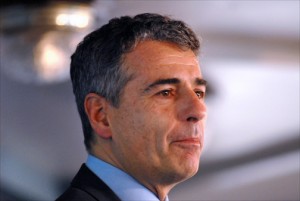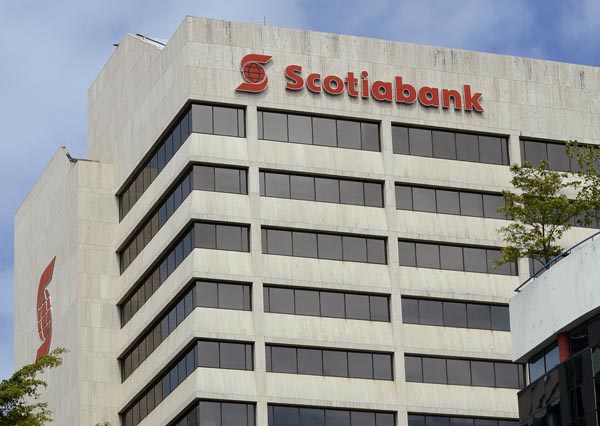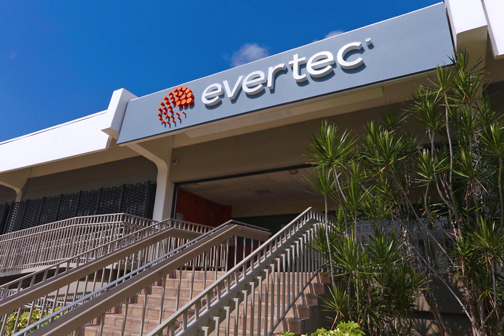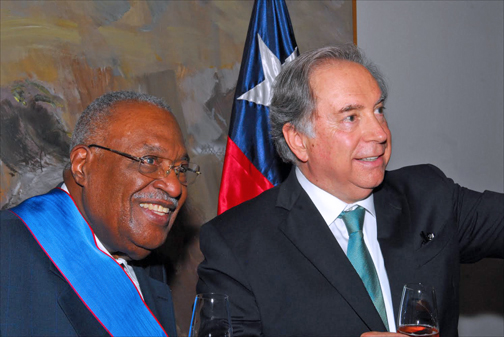Velasco: Fiscal rule+oversight board, key to P.R. revival
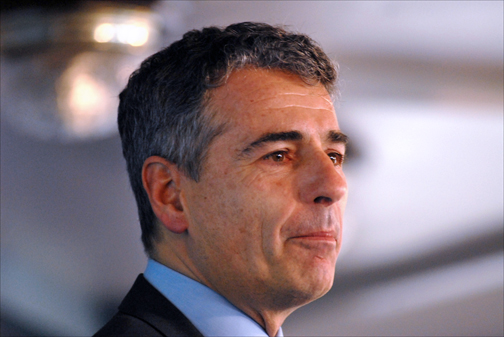
WASHINGTON — The man who once ran Latin America’s healthiest economy has some advice for Puerto Rico: adopt a “fiscal rule” that slashes debt by setting surplus targets over the long term so the commonwealth has room to spend more during recessions.
Andrés Velasco, Chile’s finance minister from 2006 to 2010, spoke at length about deficit bias and “procyclicality” in a presentation Wednesday attended by more than 100 people at Washington’s National Press Club.
The event, organized by the Center for a New Economy (CNE) — a San Juan-based nonpartisan think tank — also featured speeches by Pedro Pierluisi, Puerto Rico’s resident commissioner, and Eduardo Bhatia, president of the Puerto Rico Senate.
CNE invited Velasco, now a professor at New York’s Columbia University, because of his success in keeping Chile out of the red following the 2008 global financial crisis. He said that a fiscal rule — defined as “a permanent constraint on fiscal policy through simple numerical limits on budgetary aggregates” — is preferable only to a financial control board similar to the one enacted to rescue Washington, D.C., from bankruptcy.
By 2009, he said, 80 countries had some kind of fiscal rule in place. Besides copper-exporting Chile — whose economy grew by an average 5.24 percent from 1987 to 2015 — the list includes Colombia, Peru and Sweden.
“When the price of copper is low, Chile has been running deficits. When it’s high, Chile ran surpluses. I was finance minister when Chile ran very big surpluses,” Velasco recalled. “The benefit of large surpluses is this: in 1990, Chile had a net debt of 40 percentage of GDP. By the time 2006 rolled around, Chile was a net creditor; we had more assets than liabilities.”
In addition, he said, “we saved some cash to be used in case of emergency. When Lehman Brothers went under, we were sitting on $60 billion and were able to do aggressive counter-cyclical measures. In Chile, the recession that followed the Lehman Brothers meltdown lasted six months. In Spain, it lasted six years.”
The problem with procyclicality, he said, is that governments normally let policy be dictated by terms of access to capital markets. This means that in good times, they have better access and borrow more; in bad times, they have worse access and borrow less, so that “instead of moderating the economic cycle, fiscal policy magnifies it.”
Velasco suggested that a smart fiscal rule — coupled with a fiscal oversight board — could help Puerto Rico get out of its debt crisis.
“The formula combines a financial solution and long-term institution-building,” he explained. “There are good reasons to think this rule would be credible and enforceable. And it would the necessary flexibility to make it politically palatable.”
The panel that followed Velasco’s speech consisted of Gordon Gray, director of fiscal policy at the American Action Forum; Sergio Marxuach, CNE’s public policy director, and Tracy Gordon, a senior fellow at the Urban-Brookings Tax Policy Center.
Former New York Lt. Gov. Richard Ravitch, who was also scheduled to address the conference, did not show up.
Comparisons to D.C. ‘not exactly fair’
Marxuach noted that comparisons between Puerto Rico and the District of Columbia, whose financial control board was headed by Anthony Williams before he was elected mayor in 1999 — a position he kept until 2007 — are not exactly fair.
“The federal government did assume all of the city’s pensions, so it was not only an oversight board. The government actually took over a significant amount of liabilities,” said Marxuach. “Mr. Williams conveniently forgets to mention that little part when he testifies before Congress or goes before the press.”
Added Bhatia: “You can have as many control boards as you want, but we have to restructure the debt. Unless we do, it is absolutely impossible to move forward. There’s no way Puerto Rico will ever have access to the markets with just a control board.”
During the Q&A, Velasco was asked how a fiscal rule could be sold politically, given the island’s status debate and its unique relationship to the U.S. mainland.
“For this thing to be credible, it has to be an answer to what is really the problem in Puerto Rico today: the economy is tanking,” he replied. “You need a rule that does two things at once. It’s flexible enough so you get a little leeway up front such as a fiscal stimulus, but which is credible down the road. If you do that, the rule becomes credible because people begin to understand the benefits.”
He added: “In the beginning, when we applied the rule in Chile, the left wing was up in arms. But when Wall Street went to hell in 2008, the rule suddenly allowed us to spend more. We could run a deficit without going to the bond market.”
As a result, he said, “today, 15 years later, the fiscal rule is a non-issue politically. You will not find a single politician in the country against it. And it’s not too much to hope if we take that idea to Puerto Rico.”

